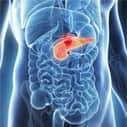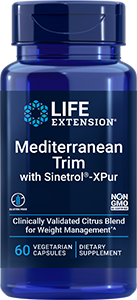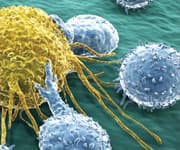The results of a study published online on August 30, 2014, in the International Journal of Cancer suggest a protective effect for higher antioxidant levels against the risk of cancer of the pancreas.
The case-control study included participants in the European Prospective Investigation into Cancer and Nutrition (EPIC) ongoing multicenter cohort study, which was designed to investigate the relationship between diet and other factors with chronic disease incidence. Four hundred forty-six subjects diagnosed with pancreatic cancer were matched with an equal number of control subjects who were free of the disease. Prediagnostic blood samples were analyzed for plasma carotenoids (including alpha carotene, beta carotene, cryptoxanthin, lycopene, lutein and zeaxanthin), retinol, vitamin C and tocopherol (vitamin E) levels.
For those whose beta carotene levels were among the top 25% of participants, the risk of pancreatic cancer was 48% lower than that of subjects whose levels were among the lowest fourth. A 47% lower risk was observed for those who consumed the most zeaxanthin, and for subjects whose alpha-tocopherol levels were among the top fourth, pancreatic cancer risk was decreased by 38%.
"Vegetables and fruits may play a role in the prevention of pancreatic cancer because they contain potentially protective substances, such as carotenoids, vitamin C and tocopherols, folate and other phytochemicals," authors Suzanne M. Jeurnink of University Medical Center Utrecht and her colleagues note. "Potential mechanisms of such bioactive compounds include protection against free radical damage to DNA, enhancing immune function, and inhibiting insulin-like growth factor (IGF) by binding to IGF receptors."
"Our results show that higher plasma concentrations of beta-carotene, zeaxanthin and alpha tocopherol may be inversely associated with pancreatic cancer," they conclude. "Further research using larger sample sizes is warranted."







